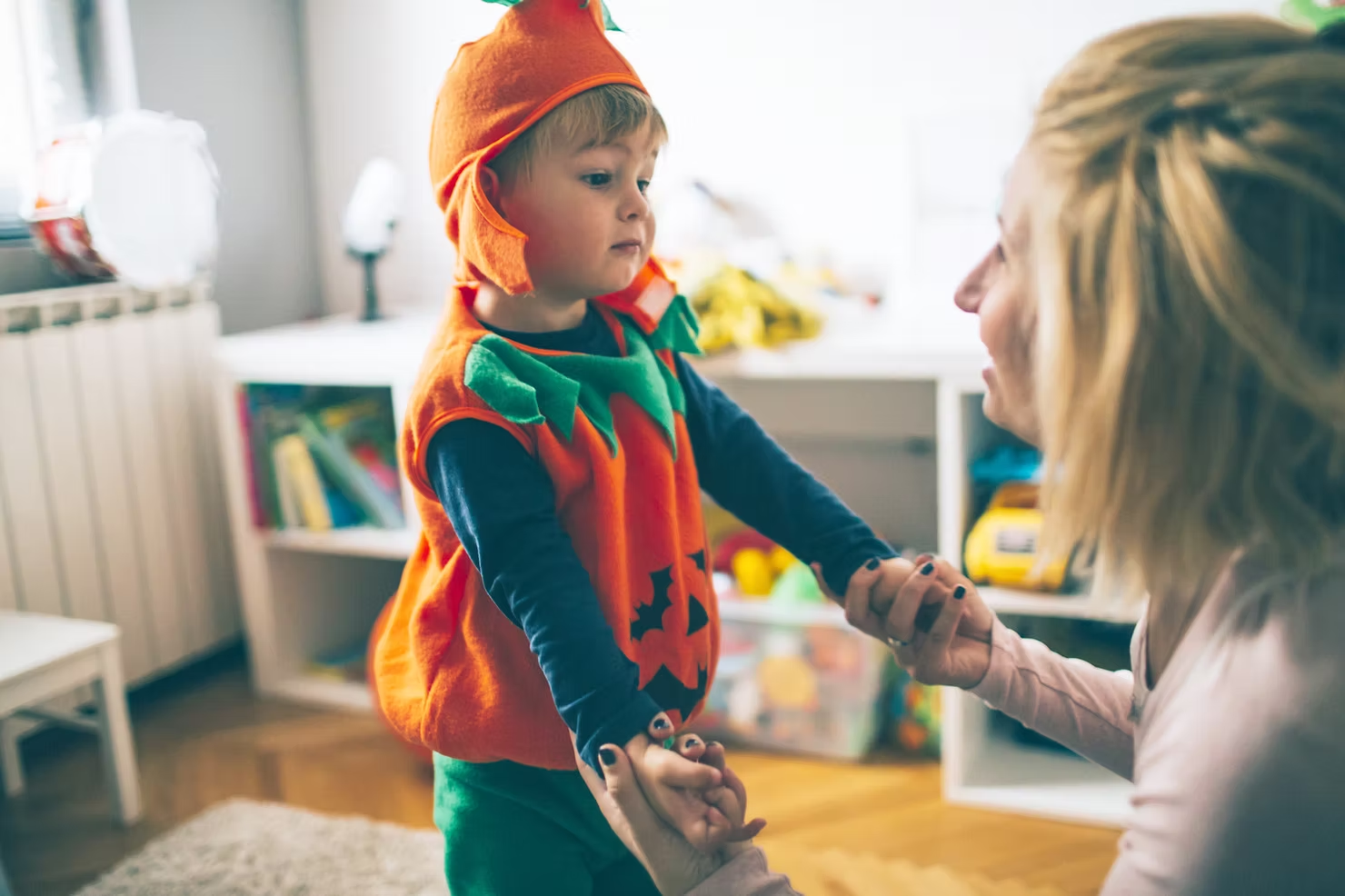Parenting Young Children in Quarantine
By Sara Terry, Clinical & Counseling Psychologist
Parenting young children is hard work, a job that is made even more challenging right now without the usual support systems, and with so much unknown. I’m hearing from many families I work with that they are feeling overwhelmed, helpless and worn out. Juggling full time childcare, work, and other household responsibilities with little kids at home takes tremendous effort and energy. It’s understandable that parents everywhere are feeling frustrated and exhausted. I’d like to share some tips I suggest to the families I work with, as well as use with my own two children. I hope these ideas might help you find some ease and balance while parenting in quarantine.
Relax Expectations & Create Space
This is a stressful time for families with young children. It’s ok, and even helps reduce anxiety, to let some things go, and to make time for yourself:
- Allow for “do overs” when arguments/problems occur in the family.
- Relax rules; It’s ok to have some extra screen time and relax other rules for now.
- Create cozy nooks or forts with books/puzzles/music etc. for independent child play.
- Carve out time daily for yourself to do what you love and what helps you feel centered.
STAY Calm & Present in Storms
Meltdowns and other challenging behaviors are more likely to occur in young children during this uncertain time of the coronavirus. Try these tips with an upset child:
- Calm yourself; breath or count, step away to re-center (this is the hardest part!).
- Validate the child’s feelings with empathy; “I understand you are angry.”
- Follow with a statement such as; “I can help you.”
- Consider what your child’s behavior is communicating, and think how you can best help.
- Minimize verbal language when child is actively upset.
- Try a physical outlet before talking; blow bubbles, squash playdough, punch a pillow etc.
CREATE Rhythms & Routines
Young children do best with consistent routines throughout the day; with a nice dose of parental flexibility. Try these ideas to create a flow for your days at home:
- Make a visual picture schedule together; kids can help create and cross off items.
- Collaborate and plan; even the youngest family member can help make small decisions.
- Model flexibility when possible; there’s always room for adjustments to the schedule.
Show & Share Emotions
Emotions can run high for parents and children alike being together 24/7 at home. Young children often have a hard time expressing their emotions verbally. Help kids express themselves in their own language; play:
- Play together; play about your feelings with stuffed animals, dolls or superhero’s.
- Draw pictures; draw faces with emotions, and talk about the feelings.
- Model emotional language; “I feel sad/mad I can’t see my friends/family.”
- Use positive “safety” words about the coronavirus (instead of “fear/danger” words). “We wash our hands to be safe.”
Work & Chores
Physical housework helps kids feel useful and powerful, which is extra important right now. Keep them busy (and get a little help, maybe!) with tasks:
- Fold wash cloths or towels from the laundry.
- Wash dishes in a sink of bubbly water, etc.
- Observe the work of the child; “Wow, your strong muscles can push that broom!”
MoveMENT & PlaY
Children feel good when they move and play, and it helps promote feelings of power and accomplishment. Offer physical “tune-ups” throughout the day that release emotions and promote self-regulation:
- Go outside (if you can safely): bike, run, jump rope.
- Play BIG physical games inside: wrestle, dance, roll kids in a “blanket burrito”.
- Squash play-dough or clay, blow bubbles, eat crunchy snacks.
- Observe your child’s physicality: “Wow! You are getting stronger riding your bike!”
- Laugh and be silly; this will help release stress, and adds great fun to the day.
There are days when it will be hard to even take the time to read these suggestions. Try choosing one or two new ideas per week, and experiment with what works best for your family. Simply being present with you child, and not perfect, is the most important part. This incredibly difficult time also poses an opportunity to find goodness, in closer connections with our children.
About the AuthorSara Terry is a child and family therapist who holds an MA in Psychology in Education from Columbia University, and an MS in Clinical & Counseling Psychology from Chestnut Hill College. For the past 14 years Sara has worked with children in school and clinical settings. Sara began her career as a teacher for children with autism utilizing ABA and DIR therapy. After completing her masters in Clinical Psychology, Sara provided child and family therapy in a private practice setting for children with autism, anxiety and ADHD. In her work with children, Sara takes a child centered and developmental approach, within the family systems context. In addition, Sara trained in Lindamood-Bell, Orton-Gillingham, and is a certified yoga instructor.

